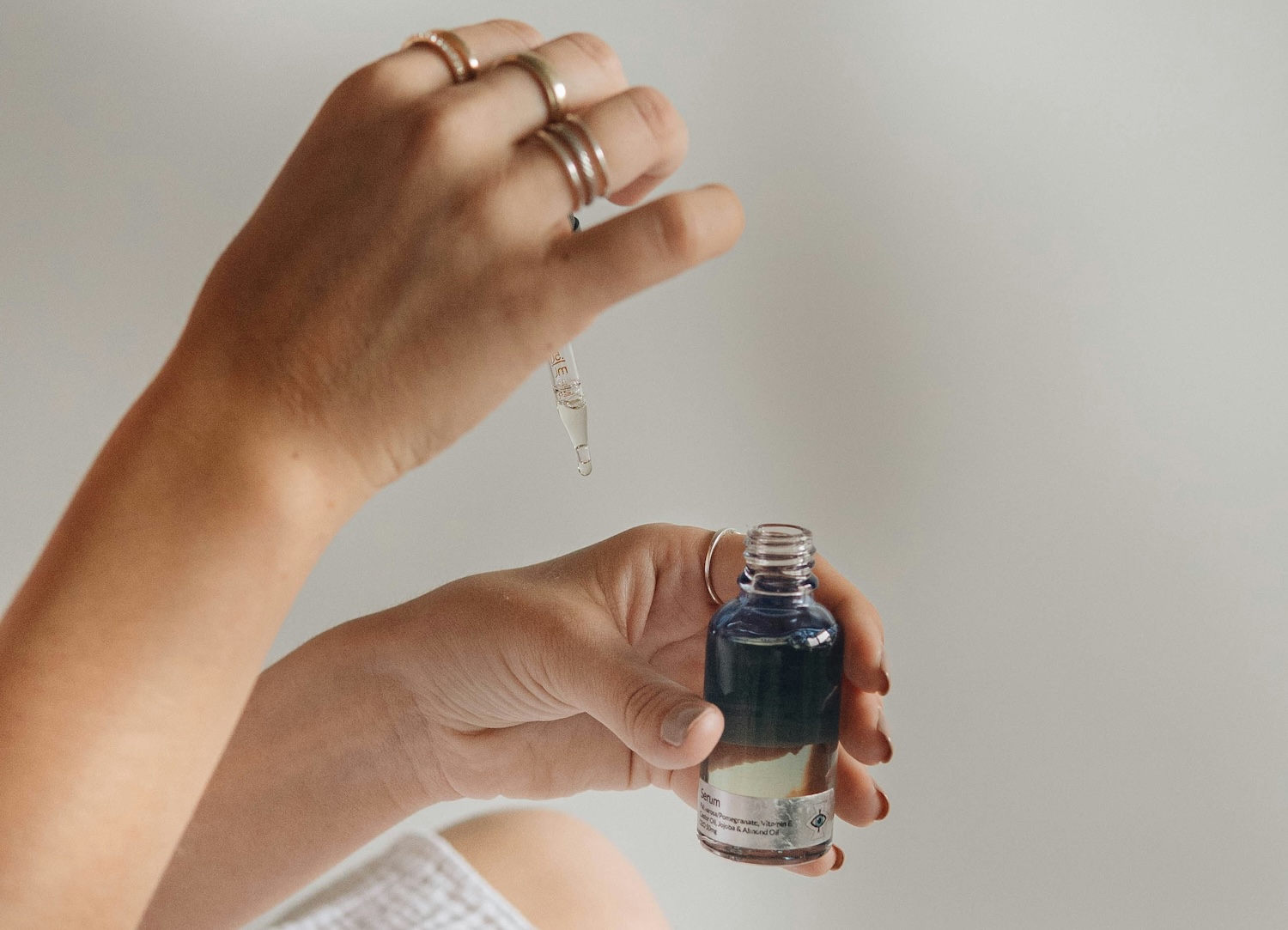As we age, our skin undergoes natural changes, including a decrease in hydration, elasticity, and resilience. One key factor in maintaining youthful skin is understanding and addressing transepidermal water loss (TEWL). TEWL occurs when water evaporates from the skin's surface, leaving it dehydrated and more prone to signs of aging. Here are five essential things you should know:
1. What Is TEWL?
TEWL refers to the process where water from the skin’s deeper layers evaporates through the epidermis. It’s a natural process, but excessive TEWL can weaken the skin barrier, leading to dryness, fine lines, and an increased susceptibility to external irritants. Aging skin is particularly vulnerable as the lipid barrier, which helps retain moisture, becomes less efficient over time.
2. Why TEWL Accelerates Aging
Dehydrated skin caused by excessive TEWL often looks dull, lacks elasticity, and is more prone to wrinkles. Without adequate hydration, the skin's ability to repair itself slows, and the natural production of collagen and elastin—proteins responsible for firm, plump skin—declines.
3. Signs of Excessive TEWL
Common signs include persistent dryness, flakiness, and rough texture, even after applying moisturizer. You may also notice your skin feels tight, and fine lines appear more prominent. If you’re noticing these symptoms despite a solid skincare routine, TEWL could be the culprit.
4. How to Prevent TEWL
Combatting TEWL starts with strengthening the skin’s barrier. Here’s how:
- Use humectants: Ingredients like hyaluronic acid and glycerin attract water to the skin.
- Seal it in with emollients and occlusives: Look for ceramides, squalane, and dimethicone to lock in hydration.
- Avoid harsh cleansers: Use gentle, pH-balanced cleansers to avoid stripping the skin’s natural oils.
- Protect your skin: Daily SPF shields the skin from UV damage, which exacerbates TEWL.
5. Lifestyle Tips to Reduce TEWL
Hydration isn’t just about skincare products. Drink plenty of water, use a humidifier in dry climates, and eat foods rich in omega-3 fatty acids, which help reinforce the skin’s barrier from within.
Cover Photo by Caique Nascimento










